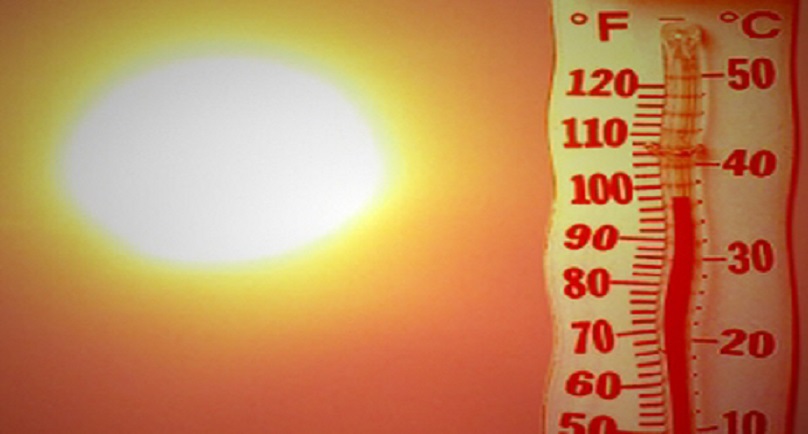Two United Nations agencies have unveiled a series of new guidelines aimed at addressing the health risks posed by increasing temperatures across the planet.
It comes following the heat wave which has gripped India and Pakistan over the past couple of weeks, claiming hundreds of lives in the process.
The set of guidelines, jointly produced by the UN Health Organisation (WHO) and World Meteorological Organisation (WMO) will seek to alert decision-makers, health services and the general public through the systematic development of so called heat wave early warning systems which. These in turn will, hopefully, trigger responsive action from those placed in these danger areas.
“Heatwaves are a dangerous natural hazard, one that requires increased attention,” said Maxx Dilley, Director of the WMO’s Climate Prediction and Adaptation Branch.
“They lack the spectacular and sudden violence of other hazards, such as tropical cyclones or flash floods, but the consequences can be severe.”
According to the two agencies, heatwaves are becoming more frequent and intense on a global scale, largely due to the acceleration of climate change. In recent weeks, they have already caused hundreds of deaths across India and Pakistan.
The publication’s launch also follows the WMO’s recent revelation that 14 of the 15 hottest years recorded have all been in the 21st Century, confirming a dangerous trend in global warming amid devastating weather patterns and increasing temperatures.
The guidance provided by the WHO and WMO takes into consideration a number of factors, including who is most at risk from heat. It also aims to outline approaches to assessing heat stress, as well as ways in which we can learn from previous heatwave type disasters.
In addition, the WMO-WHO joint publication is expected to “provide effective climate services, and save the lives of those in vulnerable communities around the world.”
PAC NEWS


